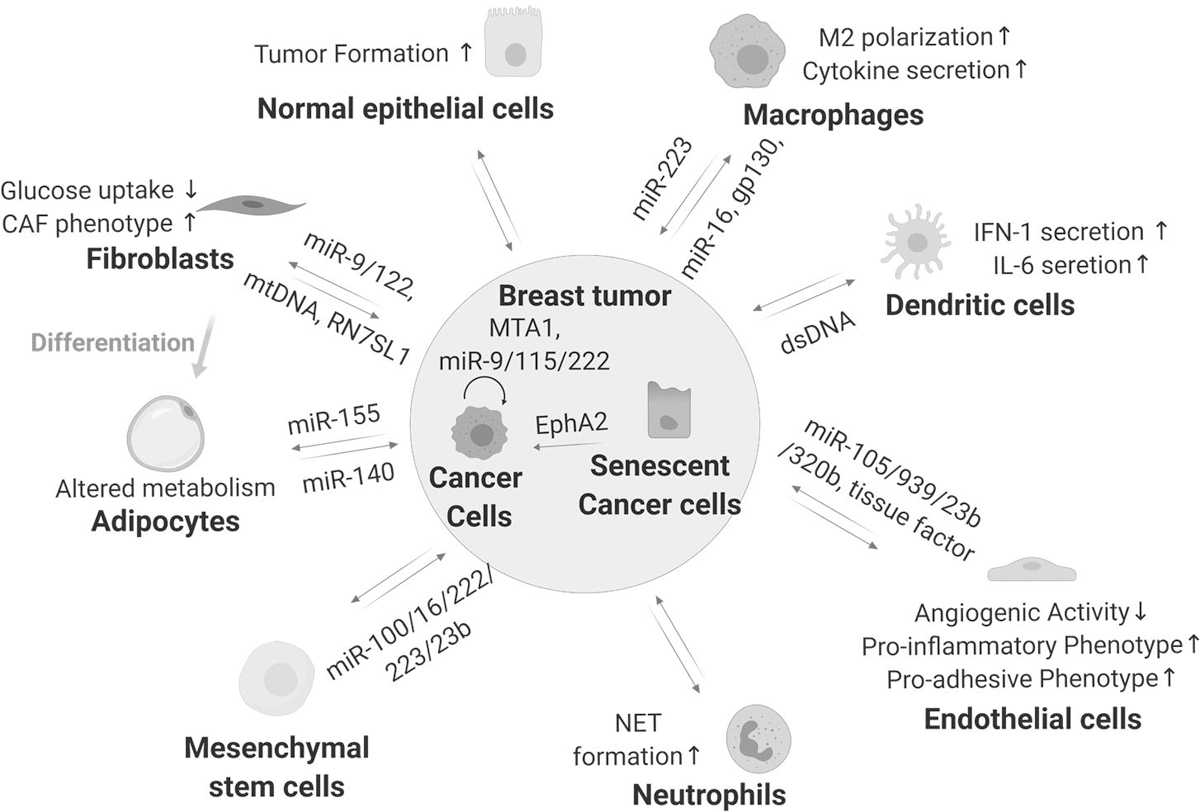Figure 4. Exosomes mediate cell to cell crosstalk in the TME.

Cellular components of the tumor microenvironment (TME) includes malignant cells such as breast cancer cells (BCC) and non-malignant stromal cells such as immune cells, mesenchymal stem cell (MSC)-derived cell populations, endothelial cells and epithelial cells. Exosomes released by BCCs may transform the function of cells in the TME to favor breast cancer progression and metastasis. Studies also suggest that BCC derived exosomes can mobilize neutrophils and skew M2 polarization to promote breast cancer progression as well as activating endothelial cells to support tumor angiogenesis. BCCs can also uptake exosomes from the TME. This bidirectional exosome-mediated transfer of cellular substances, such as proteins and nucleic acids, greatly affects the dynamics of the TME and likely contributes to breast cancer progression and metastasis.
